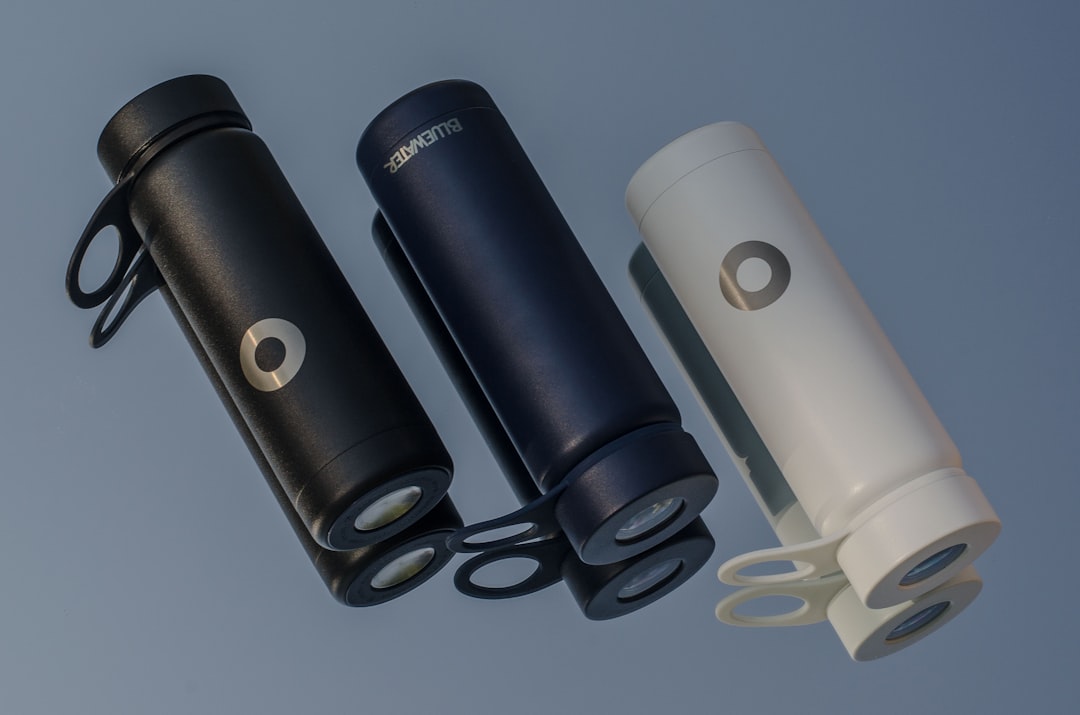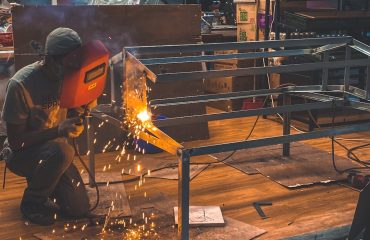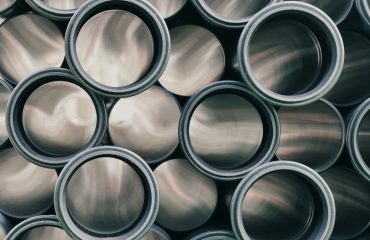Boiler tubes are the unsung heroes of countless industrial processes, power generation plants, and heating systems. These seemingly simple components play a crucial role in transferring heat efficiently, enabling the generation of steam that drives everything from electricity production to industrial manufacturing. This comprehensive guide delves into the technology and applications of boiler tubes, exploring the materials, design considerations, maintenance requirements, and future advancements in this critical area of engineering.
Material Selection: The Foundation of Boiler Tube Performance
The choice of material for boiler tubes is paramount, directly impacting their lifespan, efficiency, and safety. The operating conditions, including pressure, temperature, and the type of fluid being heated, dictate the appropriate material. Common materials include:
- Carbon Steel: Cost-effective and widely used for lower-pressure applications, carbon steel tubes offer good strength but are susceptible to corrosion and scaling. Regular maintenance and water treatment are essential.
- Alloy Steel: Offering enhanced strength, creep resistance, and corrosion resistance compared to carbon steel, alloy steels are preferred for high-pressure and high-temperature applications. Different alloy compositions cater to specific operating conditions.
- Stainless Steel: Known for exceptional corrosion resistance, stainless steel tubes are ideal for applications involving aggressive chemicals or highly corrosive water. The specific grade of stainless steel (e.g., 304, 316) is selected based on the severity of the corrosive environment.
- Copper Alloys: Possessing excellent heat transfer properties, copper alloys are used in specific applications where efficient heat exchange is critical, often in smaller boilers or specialized systems.
Material selection also considers factors like weldability, formability, and the availability of appropriate manufacturing techniques.
Manufacturing Processes: Precision Engineering for Optimal Performance
The manufacturing process of boiler tubes demands high precision and quality control to ensure seamless performance. Common methods include:
- Seamless Tubes: Produced by piercing and rolling a solid billet of metal, seamless tubes offer superior strength and resistance to leakage compared to welded tubes.
- Welded Tubes: Manufactured by welding together a strip of metal, welded tubes are generally more cost-effective than seamless tubes, but require meticulous welding techniques to ensure integrity and prevent leaks.
- Electric Resistance Welding (ERW): A common method for welded tubes, ERW involves using high-frequency electric current to create a weld between the edges of the metal strip. Advanced ERW techniques ensure high-quality welds.
Following manufacturing, rigorous quality control measures, including non-destructive testing (NDT) methods like ultrasonic testing and radiography, are employed to detect any flaws or imperfections before installation.
Applications Across Industries: Powering Progress
Boiler tubes find applications in a vast array of industries, playing a vital role in numerous processes. Some key applications include:
- Power Generation: In power plants, boiler tubes are essential for generating steam that drives turbines, producing electricity. Large-scale power plants utilize high-pressure, high-temperature boiler systems requiring robust and durable tubes.
- Industrial Processes: Numerous industrial processes rely on steam generated by boilers, including refining, chemical processing, and food processing. The specific type of boiler tube used depends on the nature of the process and the fluids involved.
- Heating Systems: Smaller boilers equipped with boiler tubes provide heating in buildings, offering efficient and reliable heating solutions. These systems often utilize less demanding tubes compared to industrial or power generation applications.
- Waste-to-Energy Plants: Boiler tubes play a critical role in converting waste materials into energy, contributing to sustainable energy solutions. These applications often involve handling corrosive byproducts, necessitating the use of specialized corrosion-resistant tubes.
Maintenance and Inspection: Ensuring Longevity and Safety
Regular maintenance and inspection of boiler tubes are crucial for preventing failures and ensuring safe operation. This includes:
- Visual Inspection: Regular visual checks for signs of corrosion, erosion, or scaling are essential. Early detection allows for timely intervention.
- Non-Destructive Testing (NDT): Periodic NDT methods, such as ultrasonic testing and eddy current testing, help detect internal flaws and defects that may not be visible externally.
- Chemical Cleaning: Chemical cleaning removes scaling and deposits that can reduce heat transfer efficiency and lead to tube failure. The cleaning agents are selected based on the type of deposit and the boiler tube material.
- Tube Replacement: Damaged or worn-out tubes need to be promptly replaced to maintain the integrity of the boiler system.
A well-maintained boiler system with regular inspection and maintenance procedures significantly extends the lifespan of boiler tubes and minimizes the risk of catastrophic failures.
Future Trends: Innovation in Boiler Tube Technology
Advancements in materials science and manufacturing techniques continue to improve the performance and durability of boiler tubes. Future trends include:
- Advanced Materials: Research focuses on developing new materials with enhanced strength, corrosion resistance, and higher operating temperature capabilities. This includes exploring advanced alloys and composite materials.
- Improved Manufacturing Processes: Advanced manufacturing techniques, such as additive manufacturing (3D printing), are being explored to create customized boiler tubes with complex geometries and optimized properties.
- Smart Monitoring Systems: Integration of sensors and monitoring systems allows for real-time tracking of tube condition, enabling predictive maintenance and preventing unexpected failures.
- Sustainable Materials: Increased focus on sustainability is driving research into using recycled materials and developing environmentally friendly manufacturing processes for boiler tubes.
These advancements will contribute to more efficient, reliable, and sustainable boiler systems in the future.
Tags: boiler tubes, boiler tube materials, boiler tube manufacturing, boiler maintenance, steam generation




